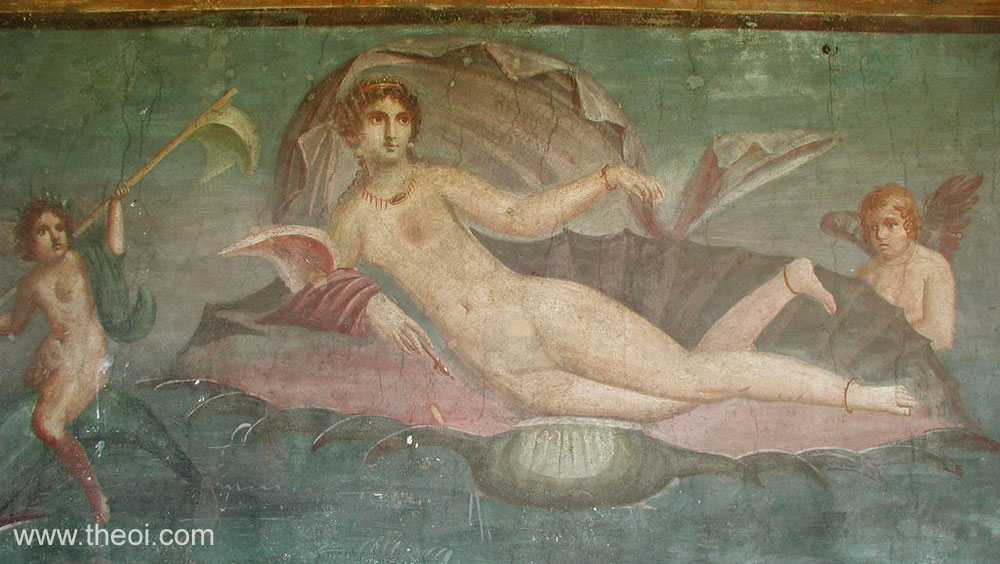Fernando Pessoa (1888- 1935)
It is sometimes said that the four greatest Portuguese poets of modern times are Fernando Pessoa.
On June 13, 1888, Fernando António Nogueira Pessoa was born in Lisbon, Portugal. When he was scarcely five years old, his father died. His mother remarried a year and a half later to the Portugese consul in Durban, South Africa. Pessoa attended an English school in Durban, where he lived with his family until the age of seventeen. When he was thirteen he made a year-long visit to Portugal, returning there for good in 1905. He began studying at the University of Lisbon in 1906 but dropped out after only eight months. During the following years he stayed with relatives or in rented rooms, making his living by translating, writing in avant-garde reviews, and drafting business letters in English and French. He began publishing criticism in 1912, creative prose in 1913, and poetry in 1914. This was also the year when the alter egos he called heteronyms—Alberto Caeiro, Ricardo Reis, and Álvaro de Campos—came into existence. In 1915 he dropped the circumflex from his surname.
The majority of Pessoa's poems, heteronymic or otherwise, appeared in literary journals and magazines. He published his first book of English poems, Antinous in 1918, followed by Sonnets (1918) and English Poems (1921), but released only a single book of Portuguese poems, Mensagem, in 1933. He died November 30, 1935, in Lisbon from cirrhosis of the liver. Pessoa avoided the literary world and most social contact; it wasn't until years after his death that his work garnered a wide readership.
There’s no one who loves me.
There’s no one who loves me.
Hold on, yes there is;
But it’s hard to feel certain
About what you don’t believe in.
It isn’t out of disbelief
That I don’t believe, for I know
I’m well liked. It’s my nature
Not to believe, and not to change.
There’s no one who loves me.
For this poem to exist
I have no choice
But to suffer this grief.
How sad not to be loved!
My poor, forlorn heart!
Et cetera, and that’s the end
Of this poem I thought up.
What I feel is another matter...
Hold on, yes there is;
But it’s hard to feel certain
About what you don’t believe in.
It isn’t out of disbelief
That I don’t believe, for I know
I’m well liked. It’s my nature
Not to believe, and not to change.
There’s no one who loves me.
For this poem to exist
I have no choice
But to suffer this grief.
How sad not to be loved!
My poor, forlorn heart!
Et cetera, and that’s the end
Of this poem I thought up.
What I feel is another matter...
Fernando Pessoa
 tm
tm